6.6.2019
A VEGETABLE COMING FROM AN ANCIENT PAST
Nobody can forget the delicious, refined and light taste, extremely versatile and simple of “Red Onion of Tropea”.

It was the Phoenicians and the Greeks who introduced the use of onion to Calabria, learned in turn by Assyrians (a civilization dating back to 2,500 BC) and Babylonians (dating back to approximately 1,895 BC).
You cannot be mistaken if you say that this onion is an ancient gift to Calabria of the Assyrians!!
The historic area of production in Calabria is the territory of Capo Vaticano, precisely in the Municipality of Ricadi, but the Italian name “Rossa di Tropea” connects the onion to Tropea, associating its origin with the such renowned village, because of the simple fact that shipments of onions all over the world took place from the Tropea railway station.

THE LOCATION
Initially, the transportation of the famous red onions from the fields of Ricardi to the station of Tropea, took place using donkeys or by ox-drawn carts, along paths close to the sea.
Nowadays, the expanse of the Capo Vaticano promontory that spreads towards Tropea and the nearby Parghelia is entirely characterized by extensive lush fields (larger than the initial place of origin, of Ricadi) rich of “Rossa di Tropea” crops.

Further, such crops have spread from the terraces of Monte Poro, Ricadi, long the coast from Nicotera, even until the plain of Lamezia Terme.
The onion of Tropea, which boasts the Italian protective denomination IGP since 2008 is spread all over such large territory.

If you see one of this onion, such really healthy souvenir of an ancient past (surely, Assyrian, therefore old of 4,500 years!) has a round or ovoid shape, is delicious, light, refined and crunchy.
In old cuisine of Assyrians it was a common element, a must for every dish. The crops were large all over Mesopotamia, while the importation began with Phoenicians…
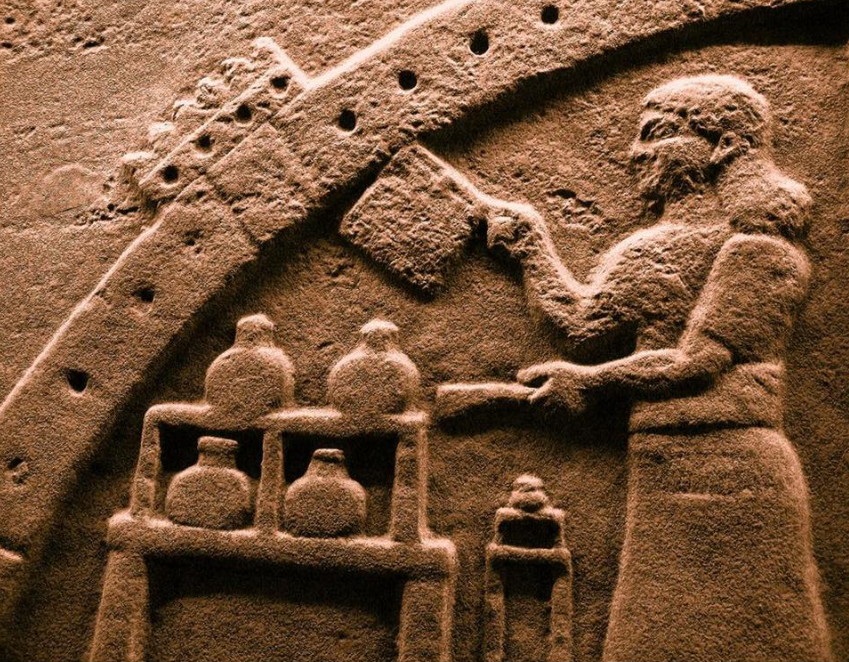
In short words, a magical gift of nature and history, cultivated on volcanic soils, fresh, deep, rich above all in potassium, studied by pedologists all over the world in order to trace their origins and justify the noble, particularly fertile composition, represents a real elixir of long life.
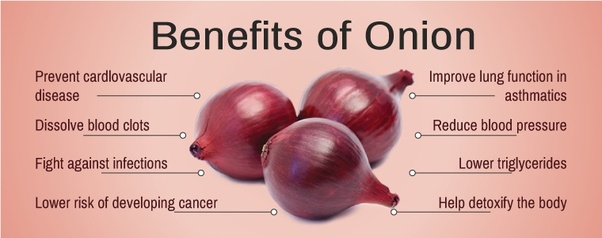
PROPERTIES
Indeed, Tropea onion prevents heart attacks and cardiovascular diseases, has antibiotic and antioxidant properties; contains “thiols”, natural organic compounds that counteract the accumulation of fat sediments in the blood, cleaning it from the lipoproteins that pollute and harden the arteries.
Further, it is indicated as a remedy for skin diseases, gives relief in case of cold and flu, tones veins and arteries.
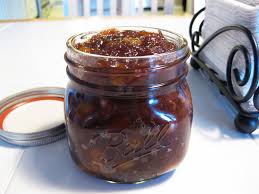
It has a beneficial effect on diuresis and hypertension, treats intestinal infections, prevents kidney stones and pertussis, finally is diuretic.
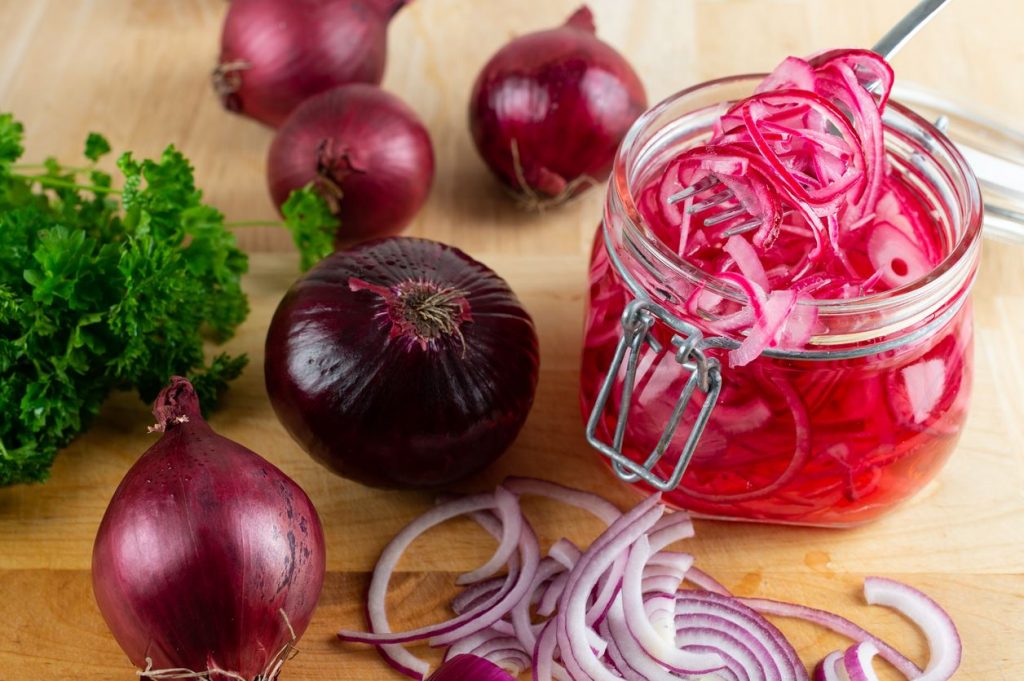
For all these reasons, the Tropea onion, which contains only 26 calories per 100 grams of product, is indicated in the diets of heart patients for its antisclerotic power, fighting the physical deficit due to the high content of iron and vitamins, lowering free radicals and levels of bad cholesterol in the blood.
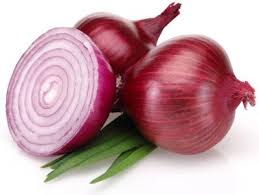
Oncologists, further, say that its “flavonoids, phenols, quercetin and mineral salts” greatly reduce the risk of cancer of the larynx, liver, colon and ovaries, while its chromium sulphides are effective in treating diabetes, reducing blood sugar.
Oncologists, further, say that its “flavonoids, phenols, quercetin and mineral salts” greatly reduce the risk of cancer of the larynx, liver, colon and ovaries, while its chromium sulphides are effective in treating diabetes, reducing blood sugar.
GASTRONOMY
The Tropea onion is ideal for sauté, in vinegar, in mixed salads with fresh tomatoes, olives and oregano.
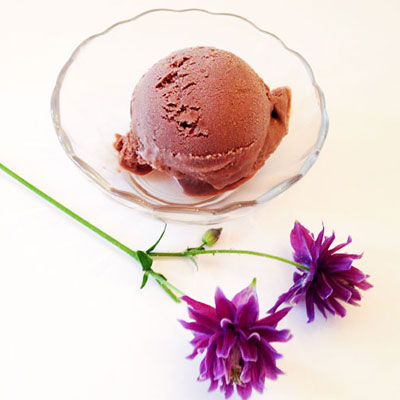
Further it is the main ingredient of many delicacies including “ice cream” and a very good “jam“, accompanying meat, aged pecorino cheese, caciocavallo, “gorgonzola” (the well known creamed cheese) and omelettes in general.

